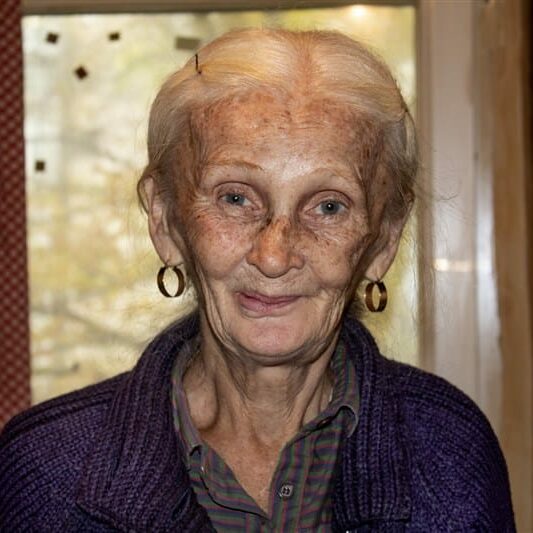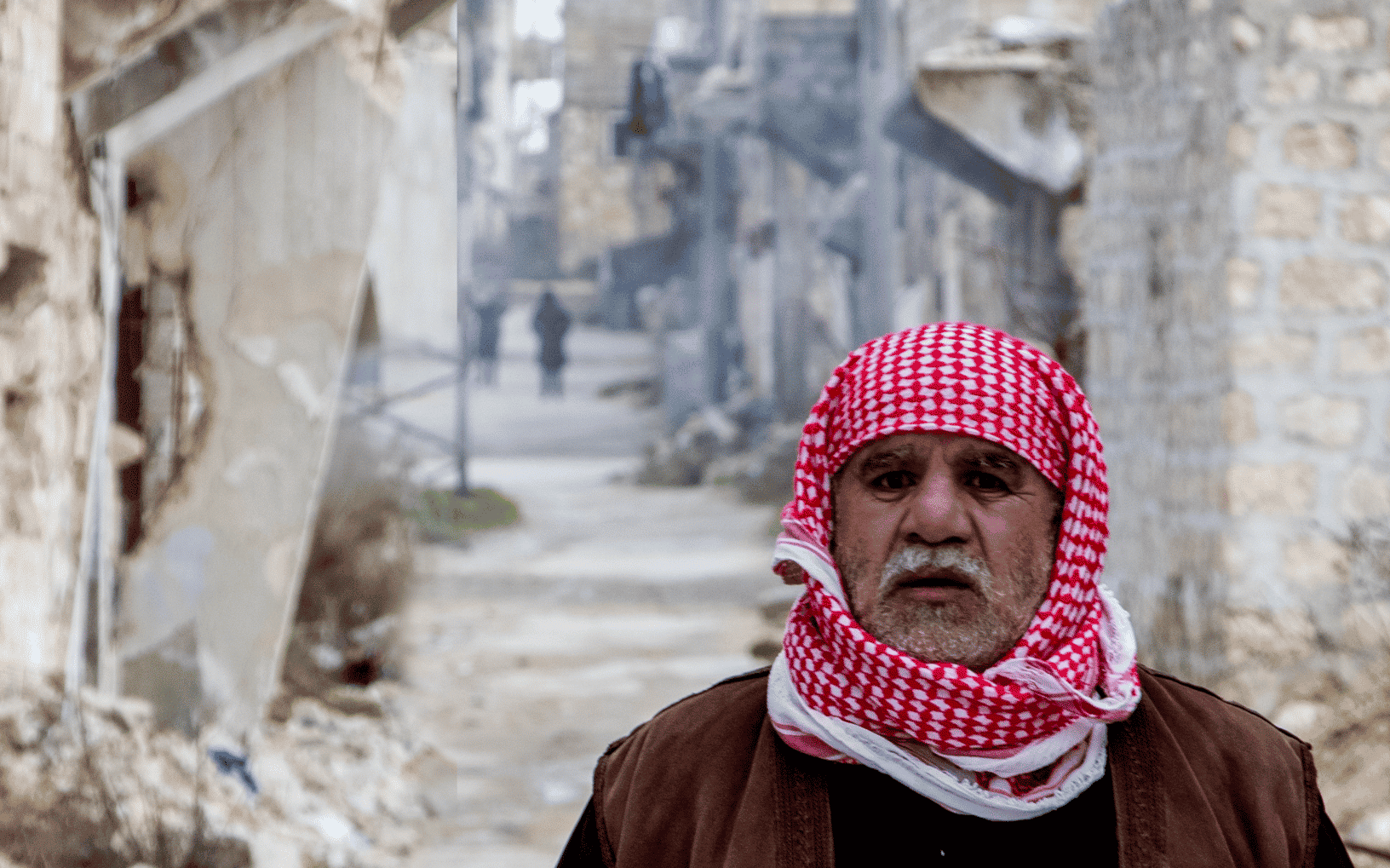Older people left behind in Dutch foreign policy
Older people are left behind in Dutch foreign policy. They are not mentioned once in the policy note ‘Doen waar Nederland goed in is’ (Doing what the Netherlands does best), which the government shared with Dutch parliament last June. This is remarkable, as women are cited 36 times in the same note as a group that needs specific attention, and children six times. In addition, the Ministry of Foreign Affairs lacks a strategy to engage and protect older people worldwide through Dutch engagement. The ministry does have such a strategy for young people, called ‘Youth at heart’. Finally, the Netherlands does not participate in the United Nations working group that is drafting a convention on the rights of older persons. While countries such as Germany, Italy, Austria and Great Britain are represented in this group.
It is unfair, however, to solely point to the Dutch government: there are very few Dutch humanitarian aid and international cooperation organisations that specifically target older people. In short, the Dutch lack of attention to older people worldwide is present in both government policies and practices from Dutch international organisations.

Left to their own devices
Given global ageing, the trend that is likely to push the proportion of older people worldwide to more than one in five by 2050, the lack of attention for older persons is a problem. Indeed, it is expected that eighty percent of older persons will live in low- and middle-income countries by 2050. That is precisely where older people are potentially vulnerable. For instance, research shows that in less prosperous countries, more and more (young) residents are moving to the cities. As a result, older people in rural areas are becoming increasingly isolated and dependent upon themselves.
Whereas, for example, the Dutch government supports older persons when the social safety net fails, this is not the case in many other countries. The fact that only 20 percent of older people in low-income countries receive a pension exemplifies this.
It is also known that in conflict situations older people more often stay behind in their endangered place of residence, because they cannot or do not want to flee. We see this in Ukraine, among others, where relatively many older people do not leave their homes. Newspaper Trouw has already written about Anatoli and Irina, two Ukrainian older persons who became trapped in Russian artillery fire. Anatoli suffers from Parkinson’s and cannot flee his home. The two just managed to survive the shelling early May, as proven by the damage to their flat. Like Anatoli and Irina, there are unfortunately many older people who are left behind during conflicts, with potentially dire consequences.

Specific needs
Finally, we know that older people are protected on paper through international law, but little attention is paid to their specific needs and requirements. Case in point, only one of the nine human rights treaties pays specific attention to older people and their rights. As mentioned, a blueprint for a treaty on the rights of older people is being worked on at UN level, unfortunately without the active participation of Dutch representation. The signal that emanates from this is that older people are not a priority in Dutch foreign policy.
It is therefore time for Dutch foreign policy to pay more attention to the sometimes vulnerable position of older people worldwide. A good start would be to concretely safeguard the rights of the older people in Dutch foreign policy, such as in the aforementioned policy paper ‘Doen waar Nederland goed in is’ (Doing what the Netherlands does best).
In addition, the Netherlands could become part of the UN group of countries writing the blueprint for an international treaty on the rights of older people. Finally, it is up to the Dutch humanitarian aid and development cooperation sector to give protection of the rights of older people a higher priority. After all, those who want to work inclusively should not leave older people behind!


27 September 2022
Are you inspired?
Read the next story or contact us to get to know more about making an impact together.